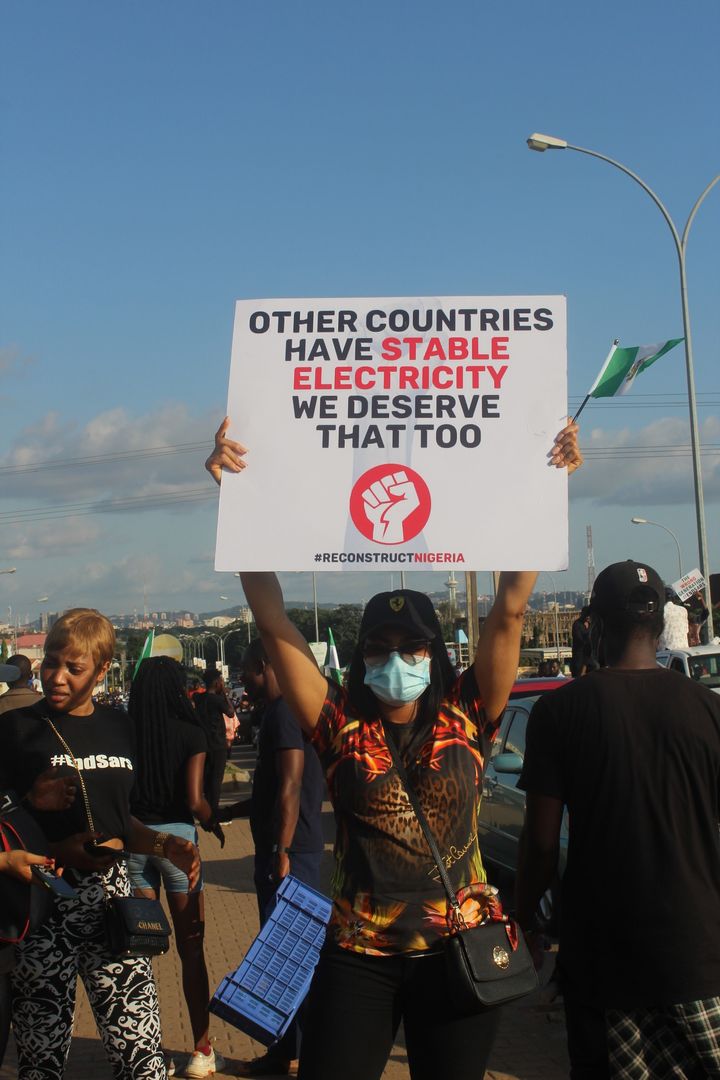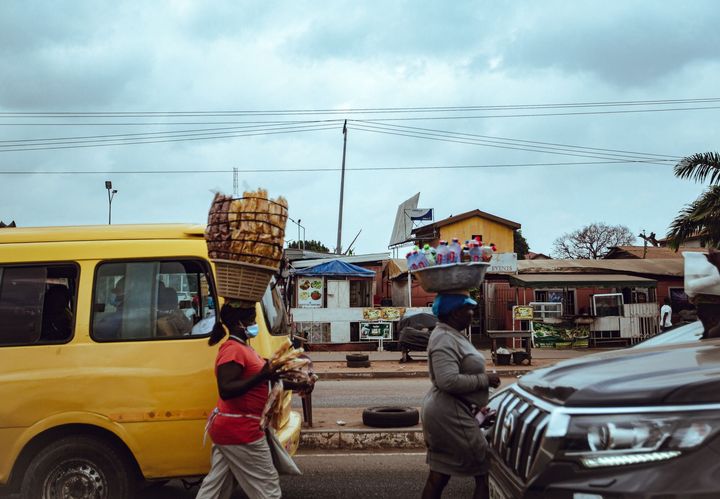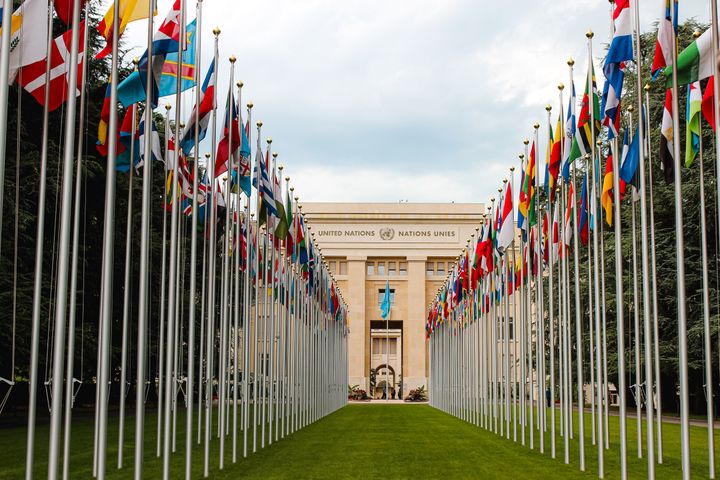Canary in the cobalt mine

Washington makes overtures to Beijing in Republic of Congo
Though details of the Republic of Congo’s (ROCs) restructuring deal with China remain undisclosed, they’ve crucially been approved by the International Monetary Fund. A deal was struck on April 29thand “represents a decisive step to restore debt sustainability”, according to the IMF. Importantly, Beijing’s resolution was seen as a sine qua non for Fund participation in a wider sovereign restructuring.
The size of ROCs debt workout is expected to be in the region of $9bn. And while significant funds will be made available from commercial creditors like Glencore and Trafigura, as well as multi-laterals such as the IMF, the “most significant debts [to restructure] are owed to the Chinese,” according to government spokesman Thierry Moungalla. The Republic of Congo has significant mineral deposits and oil reserves, which will play a major key in negotiations.
In November 2018, the IMF played its dutiful role as global fiscal disciplinarian by insisting on budget reforms and debt transparency before participating in a lending program (all the while keeping a watchful eye on China’s reaction). As any chess player worth her salt knows, certain moves are designed to gauge opponents’ tactics. While balancing the ROCs books is a good thing in itself, the IMF’s insistence on wider creditor consent was a strategic move of much greater import.
In December last year, U.S national security advisor John Bolton accused China’s government of “strategically using debts to hold African nations captive”. This sentiment is broadly shared amongst western commentators, and implies China is making loss-making loans to gain political favor in the region. Full disclosure of China’s US$2.7bn loans should provide important insights into Beijing’s lending practices in sub Saharan Africa. The wider issue, however, goes well beyond transparency standards.
Failing a last-minute withdrawal, joint IMF-Chinese participation would be tantamount to an admission from Washington that Chinese lending programs in Africa are indeed benign. This is not a carte blanche for China to lend wherever it likes, but rather an acknowledgement that Beijing’s lending practices pass the muster. The logical end game to all this is that Washington will be pushed aside in the region in favor of its Eastern counterpart.
The ROC thus represents a turning point in the balance of international development finance. For years tensions between Beijing and Washington have been bubbling under the surface, and they threaten to boil over (either in a spitting frenzy or with little concern) in the Republic of Congo. Whether a return to debt sustainability will incorporate Chinese infrastructure programs or IMF-sponsored austerity, or both, will be interesting to observe. Stay tuned.


